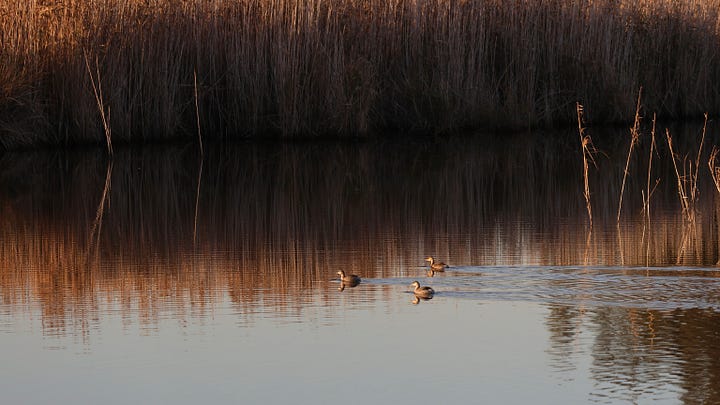I’ve moved house recently and am so enjoying exploring my new neighbourhood. The area I live in now has a heady mix of nature, access to public transport, suburban charm and cafes/boutiques/restaurants on my doorstep.


And this made me think about the delights of exploring not just a new neighbourhood, but anywhere on foot.
The concept of walking as a mea…
Keep reading with a 7-day free trial
Subscribe to Jacqui Hodder to keep reading this post and get 7 days of free access to the full post archives.

